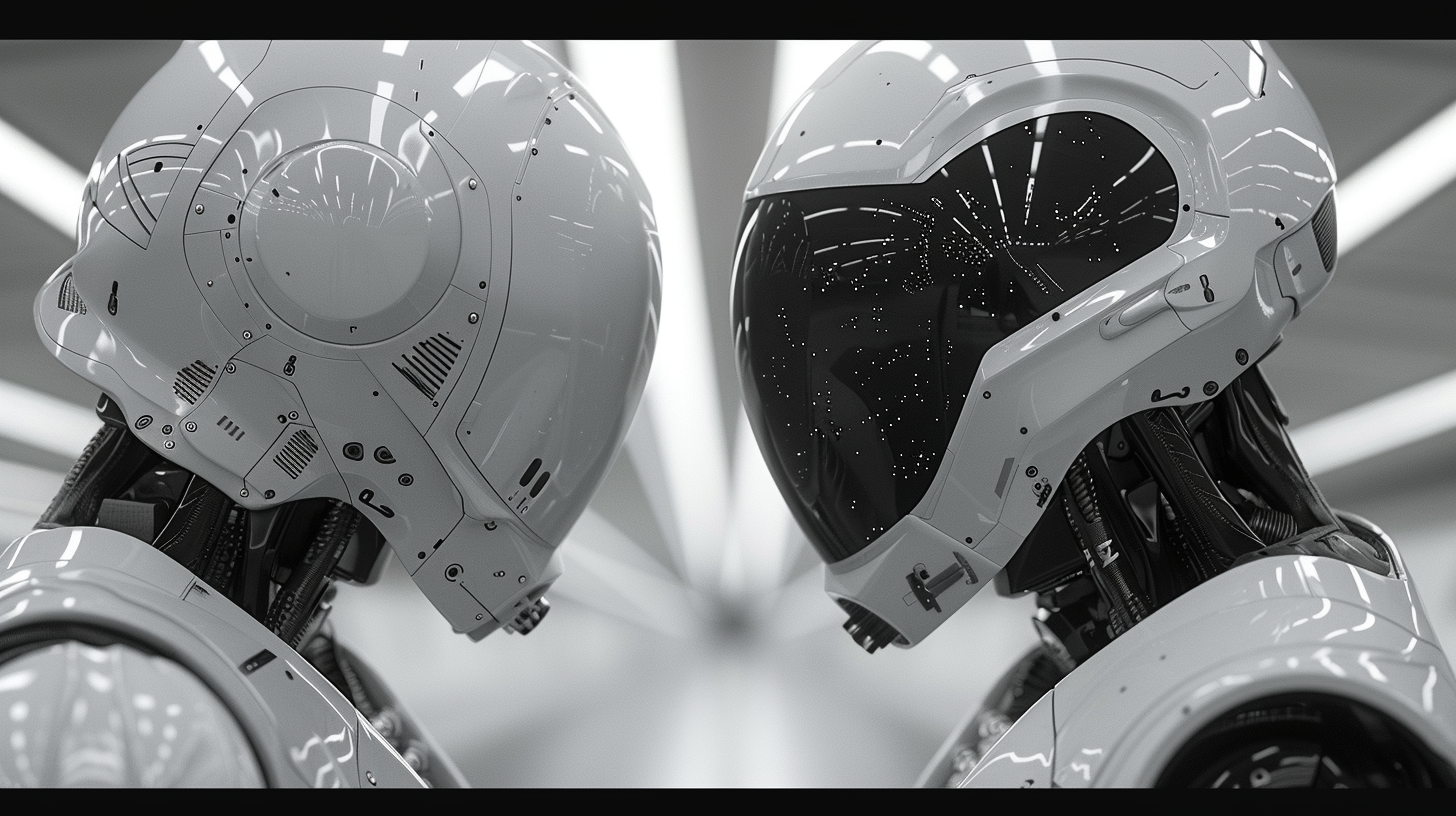In an age where technology continually reshapes our world, a provocative question emerges: Can AI be smarter than humans? This query not only challenges our understanding of intelligence but also probes the future of human and machine interaction. As we venture deeper into 2024, advancements in artificial intelligence prompt us to reconsider the boundaries of what machines can achieve and the potential for AI to surpass human capabilities in various domains.
Understanding Intelligence: Human vs. Machine
When considering whether AI can be smarter than humans, it’s essential to define what we mean by “intelligence.” Intelligence encompasses more than just the ability to solve equations or process information—it also includes creativity, emotional depth, and adaptability.
- Cognitive Intelligence: AI excels in environments that are rule-based and data-driven. Machines can process and analyze data at speeds incomprehensible to humans, leading to superior performance in tasks such as complex calculations and pattern recognition.
- Emotional and Social Intelligence: Humans uniquely possess emotional intelligence, which includes understanding, empathy, and interpersonal skills. While there are AI developments in this area, machines have not yet reached the nuanced understanding of human emotions.
- Adaptive Intelligence: AI systems can adapt to certain scenarios based on data, but human adaptability encompasses a broader range of contexts and creative problem-solving that AI currently cannot match.
The debate over whether AI can be smarter than humans often overlooks these distinct types of intelligence, where humans maintain a definitive edge in emotional and adaptive capacities.
AI’s Achievements and Limitations
The rapid evolution of AI technologies has led to remarkable achievements, raising questions about the limits of AI’s capabilities.
- Technological Superiority in Specific Fields: In fields like data analysis, diagnostics, and logistics, AI systems can perform tasks more accurately and efficiently than humans, often leading to better decision-making in these areas.
- AI in Creativity: Recent advancements have seen AI successfully compose music, create art, and even write poetry. However, these creations are typically based on patterns learned from existing works, rather than a genuine sense of creativity and emotion.
- Limitations in Generalization: AI struggles with tasks that require understanding beyond a specific dataset or rules. The ability to generalize from limited information and perform well in completely novel situations remains a predominantly human trait.
While AI may outperform humans in specific tasks, its ability to seamlessly integrate diverse types of knowledge and function in unpredictable environments is still developing.
Implications for the Future
As AI continues to advance, its potential to become smarter than humans in all aspects of intelligence is a subject of both excitement and concern.
- Ethical Considerations: The prospect of AI surpassing human intelligence brings with it ethical questions about control, autonomy, and the role of AI in society.
- Enhancing Human Capabilities: Rather than viewing AI as a competitor, it can be seen as a complementary tool that augments human intelligence and capabilities, opening new possibilities for human achievement.
- Regulatory and Safety Issues: Ensuring that AI systems are safe and beneficial requires robust regulatory frameworks that keep pace with technological advancements.
The dialogue surrounding AI’s potential to surpass human intelligence should not only focus on whether it can happen but also on how we can ensure it benefits society.
In conclusion, while AI might one day match or even surpass humans in specific aspects of intelligence, the complete spectrum of human intellectual and emotional depth presents a formidable challenge that AI is yet to overcome. As we progress through 2024 and beyond, the partnership between human and machine intelligence could redefine the very essence of innovation and problem-solving.
